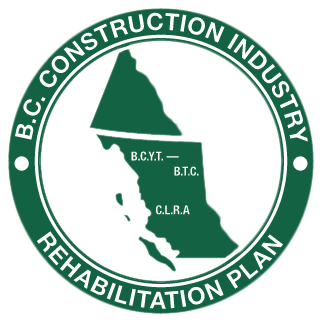What is Depression?
Depression is a major depressive disorder, usually just refer to this as ‘depression’. It is more than just the ‘blues’ or feeling ‘down’. People experiencing depression often grappling with emotions of severe despair over an extended period of time. It affects their relationships, their physical health and ability to work. Almost every aspect of a person’s life can be affected by depression, it can be incredibly debilitating.
What causes Depression?
Whilst there is no definitive causal explanation, the current belief holds that there are a number of factors thought to contribute to depression
- Biological Factors - see description below
- Psychological Factors - see description below
- Environmental Factors - see description below
What Biological Factors Cause Depression?
The prevailing belief around the biological basis of depression points to an imbalance of neurochemicals in the brain called ‘neurotransmitters’. Serotonin and Noraepinephrine are thought to be the main neurotransmitters involved in depression.
What Psychological Factors Cause Depression?
There is a lot of evidence that points to the psychological basis of depression. The way in which an individual views the world can impact mental health either positively or negatively. A person who experienced hardships, neglect, harsh criticism or other adverse experiences as a child may develop depression symptoms.
What Environmental Factors Cause Depression?
Environmental Basis for Depression
Stressful environments can be a trigger for depression, major stressful life events such as:
- Deaths
- Divorce
- Marital/relationship conflict
- Financial struggles
- Job losses
- Poor health
can all lead to symptoms associated with depression. Isolation has also been shown to be a causal factor in depression, as our society moves more and more into isolated, insulated ways of living, finding meaningful connection with others can be very difficult.
What Are The Symptoms of Depression?
You may be experiencing depression if you have any of the following symptoms – especially the first two – for an extended period of time.
- You feel hopeless and helpless
- You’ve lost interest in friends, activities, and things you used to enjoy
- You feel tired all the time
- Your sleep and appetite has changed
- You can’t concentrate or find that previously easy tasks are now difficult
- You can’t control your negative thoughts, no matter how much you try
- You are much more irritable, short-tempered, or aggressive than usual
- You’re consuming more alcohol than normal or engaging in other reckless behavior
If you think you or a loved one, may be experiencing depression give us a call or contact your family doctor for help
Is Depression Treatable?
Yes. Medications and psychological counseling (psychotherapy) are very effective for most people with depression. Your doctor or psychiatrist can prescribe medications to relieve symptoms. However, many people with depression also benefit from seeing a psychologist or other mental health professional.
Depression can be treated with any of the following:
Psychotherapy/talk therapy Medications such as SNRI’s, SSRI’s, NDRI’s Mindfulness techniques

